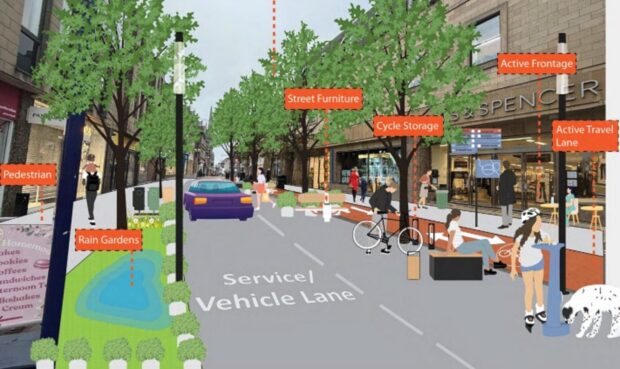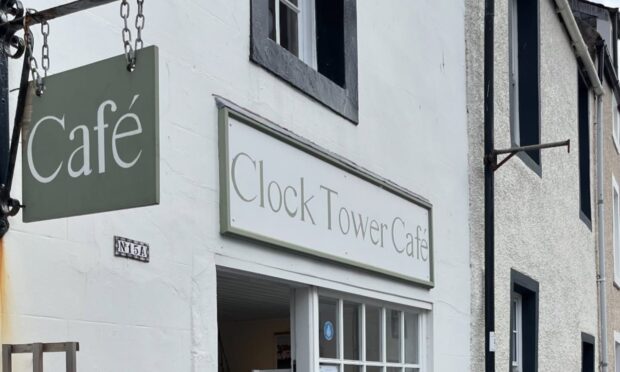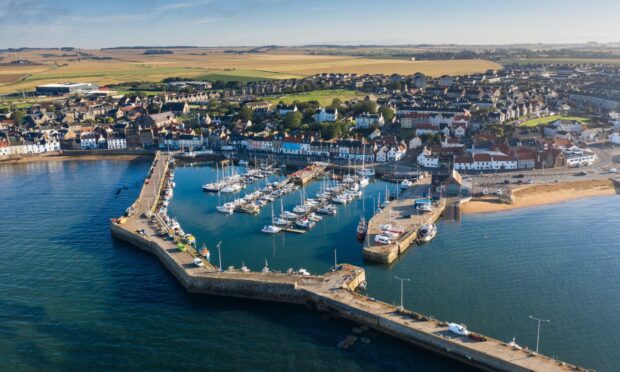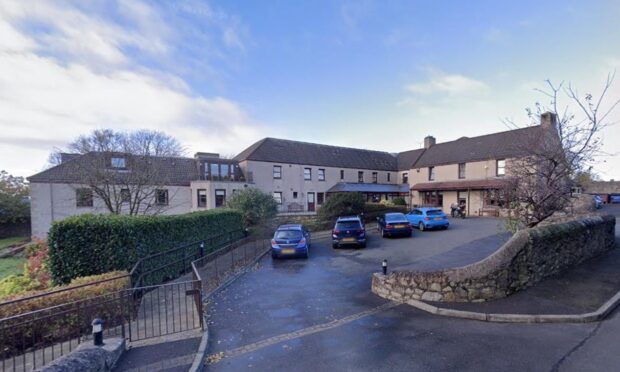New statistics have revealed the proportion of people dying from heart attacks and stroke in Fife rose last year.
The figures revealed the mortality rate from heart attacks rose from 57.5 deaths per 100,000 population in the region to 68.4, an 18.9% increase on the previous year and the highest since the 76.1 figure recorded in 2009.
Fife was one of 19 out of 32 local authority areas that saw a rise last year, although Dundee, Angus and Perth and Kinross councils saw their mortality rates fall in the same period.
The Western Isles (118.7) and Dumfries and Galloway (112.6) had the highest incidences, while Edinburgh (45.6) had the lowest in the country.
In terms of stroke mortality, the spike in the Fife rate was slightly lower than the heart attack figures, from 36.5 deaths per 100,000 population to 40.4, although it still represented a 10.8% increase year-on-year.
That bucked a downward trend in the overall picture nationally, with the Scottish figure standing at 38.9 – down 3.5% from the 40.4 recorded the year before and a welcome 33.5% fall from the 2008 figure of 58.6.
Angus also saw a sharp rise in the stroke mortality figure in the last year, going up by almost a quarter from 39.5 to 49, but Dundee and Perth and Kinross had an improving picture – reducing 5.4% and 21.6% respectively.
Professor Derek Bell OBE, president of the Royal College of Physicians of Edinburgh, welcomed the overall Scottish picture in relation to stroke, but admitted there must be a wider focus on prevention.
“Scotland has historically been exposed to the risk factors associated with stroke, such as high blood pressure and smoking,” he said.
“While it is encouraging that fewer Scots are now suffering with this illness – there has been a 12.1% decrease in stroke incidence rate over the past decade – there is still much work to be done.
“For example, we note with concern that stroke related deaths in Scotland were 36% higher in the most deprived areas than in the least deprived areas.”
Jane-Claire Judson, chief executive of Chest Heart and Stroke Scotland, said it was concerning to see deprivation still has a strong influence on survival rates.
“We also know that it affects people’s access to vital services,” she said.
“Our recent ‘One in Five’ survey revealed that people in our poorest communities found it harder to access the support they need, and are less likely to receive rehabilitation.
“Together we need to step up our work on prevention to stop these diseases in their tracks.”










